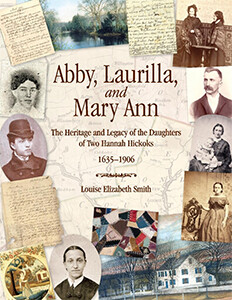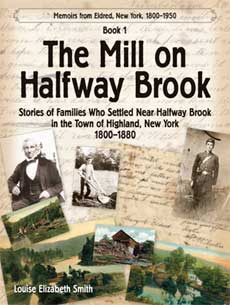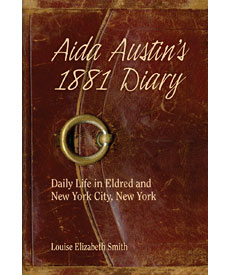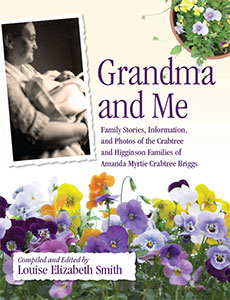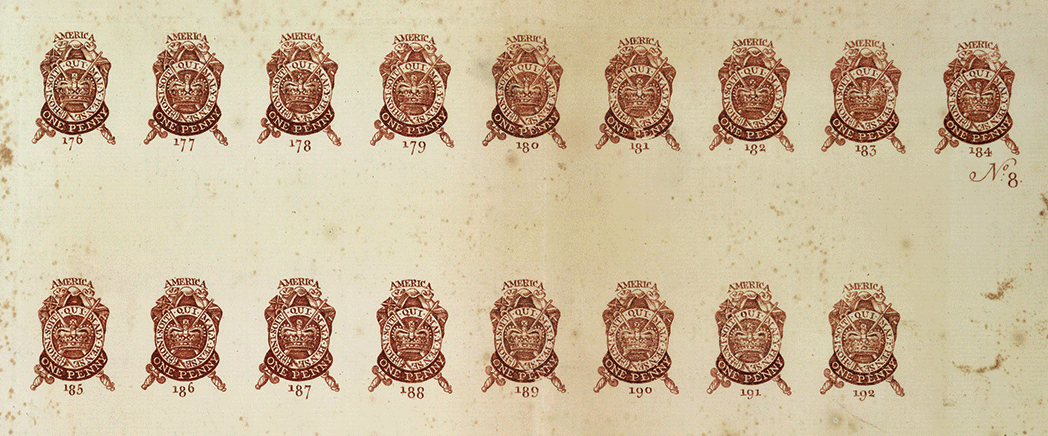
Discontent with Illegal Taxes
Britain was left with a tremendous debt when the French-Indian War ended in 1763. The English-powers-to-be thought the American Colonists had an obligation to help support the unasked for 10,000 British Troops the English sent (they said) to help protect the American frontier.
The English Parliament claimed the colonists had virtual representation, and passed the Sugar Act of 1764, the Currency Act (an extension from 1751) to regulate paper money issued by the Colonies, and the Stamp Act of 1765.
The 1764 Sugar Act, an update of the duties placed by the 1733 Molasses Act, was strictly enforced. But it was the 1765 Stamp Tax which made the American colonists especially angry.
The fee levied on every piece of printed paper—ship’s papers, legal documents, licenses, newspapers, pamphlets, almanacs, even playing cards—had to be paid in British currency.
“Taxation without representation” was soon heard throughout the Colonies. Boston politician James Otis added, “is tyranny.” The British Colonists did not take lightly an unfair tax. Not in the 1630s with the illegal ship tax or the 1760s.
And not in the 1870s when Abby and Julia Smith faced an unfair tax with no representation. They often quoted, “Taxation without representation is tyranny.”
The 1765 Quartering Act required colonists to provide housing and food to British troops stationed in towns. If there wasn’t enough space in barracks, then they were to be quartered in public houses and inns.
In 1766 New York City refused to house and feed the 1,500 British troops who showed up in the harbor.
Before Parliament could “punish” them, the New York Assembly contributed money for the soldiers. In 1766 the Stamp Act was repealed and the Sugar Tax was reduced to one penny per gallon on molasses imports. Even so, the taxation increased the Colonists’ desire for independence from England.
Though the Declaratory Act of 1766 upheld Parliament’s laws on the American Colonies as binding, the Americans still had no representation in Parliament.—from Abby, Laurilla, and Mary Ann, p. 35.


